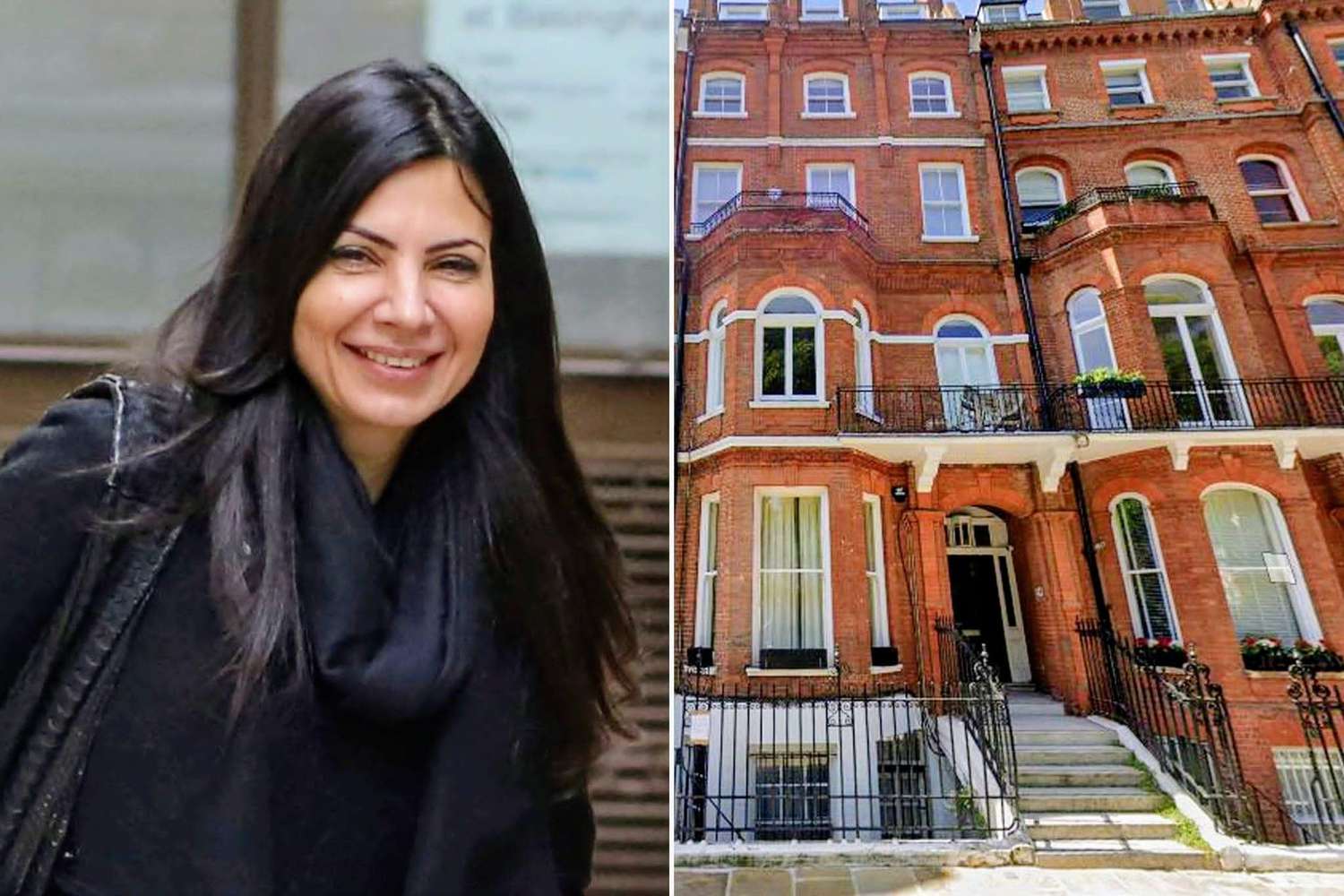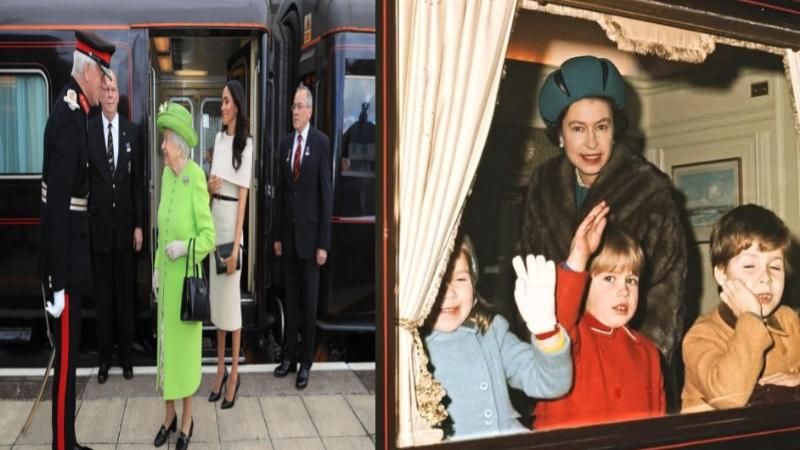King Charles Axes Historic Royal Train in Sweeping Cost-Cutting and Modernisation Drive-In a landmark move signaling a new era for the British monarchy, King Charles III has announced the decommissioning of the iconic Royal Train as part of a comprehensive strategy to modernise operations and significantly reduce costs. This decision, alongside other fiscal adjustments and sustainability initiatives, underscores the King's commitment to a more disciplined and forward-looking institution.
The Royal Train, a symbol of royal travel since 1840, has become increasingly expensive to maintain and store. James Chalmers, the Keeper of the Privy Purse, confirmed the train's retirement, citing the need to adapt to contemporary realities. While a precise long-term home for its historic components is yet to be determined, discussions are underway to ensure its legacy is preserved, potentially through public display. The train's role will be largely supplanted by two new, more fuel-efficient helicopters, which have been acquired by the Royal Household.
The annual royal accounts for 2024-25, released today, illuminate the financial landscape of the monarchy. The Sovereign Grant, which funds official duties, will remain at £86.3 million for the fourth consecutive year. However, a significant increase to £132 million annually is projected between 2025 and 2027. This rise is attributed to record-breaking offshore windfarm profits of £1.1 billion from the Crown Estate and the need to cover the remaining £100 million for the final two years of Buckingham Palace's extensive £369 million refurbishment.
Despite these future increases, the accounts reveal a noticeable rise in operational expenditures. Royal travel costs climbed by £500,000 to £4.7 million, with an increase in journeys exceeding £17,000 – from 24 in 2023-24 to 43 in 2024-25, totaling £2.7 million. Notably, the King and Queen’s state visit to Samoa incurred a cost of £401,000 in public funds. Payroll costs also saw an increase of £2 million, reaching £29.9 million.
Beyond financial adjustments, the monarchy is embracing environmental sustainability. One of the royal Bentleys now runs on biofuels, with the second slated for conversion this year. A transition to electric vehicles is also under active consideration, reflecting a broader commitment to eco-conscious practices.
In a parallel development, separate accounts for the Duchy of Cornwall reveal a significant shift towards community support. Prince William, who receives a private income of nearly £23 million a year from the Duchy, announced rent waivers for grassroots organisations, including wildlife trusts and the St Petrocs homelessness shelter. Local charities will also benefit from a 50% reduction in rent. This progressive stance follows a recent investigation by Channel 4 Dispatches and The Sunday Times, which highlighted commercial rental agreements between the Duchies of Cornwall and Lancaster and public bodies such as the armed forces, NHS, and state schools.
Will Bax, the new Secretary and Keeper of Records for the Duchy of Cornwall, acknowledged the recent media scrutiny, stating the challenges have been used as an opportunity for reflection. He affirmed the Duchy's commitment to being "world-class in our approach to supporting people, communities and nature to flourish" and operating in a "modern, socially-minded way." While commercial relationships with public bodies like the Ministry of Defence and Ministry of Justice will remain unchanged, the Duchy is exploring extending rent waivers to schools.
The Duchy of Cornwall generated profits of £22.9 million, a slight decrease of £700,000 from the previous financial year's £23.6 million. However, a notable change in transparency was observed in the annual review for the Prince of Wales, which omitted his income, expenditure, and tax payments – a departure from the practice established by King Charles during his time as Prince of Wales.
The comprehensive measures outlined today underscore the monarchy's ongoing efforts to adapt to public expectations for greater efficiency and accountability, while simultaneously striving for a modern and sustainable future. The decommissioning of the Royal Train symbolises a broader strategic pivot, where tradition yields to fiscal discipline and a renewed focus on public value.
Note on Royal Heritage Disposition:
The news explicitly states that for the Royal Train, "a search was under way for a long-term home for the train’s historic parts." This suggests that rather than being disposed of, efforts will be made to preserve and potentially display sections of the train. For other general royal heritage (like Crown Estate properties or other historical artifacts not mentioned here), the typical approach is that they are held in trust for the nation by the monarch and are generally not "disposed of" in a commercial sense. The Crown Estate profits, while contributing to the Sovereign Grant, are generated from properties owned by the monarch in right of the Crown, meaning they are not private assets but rather held for the benefit of the nation and managed professionally.








.svg)



_2.jpg)